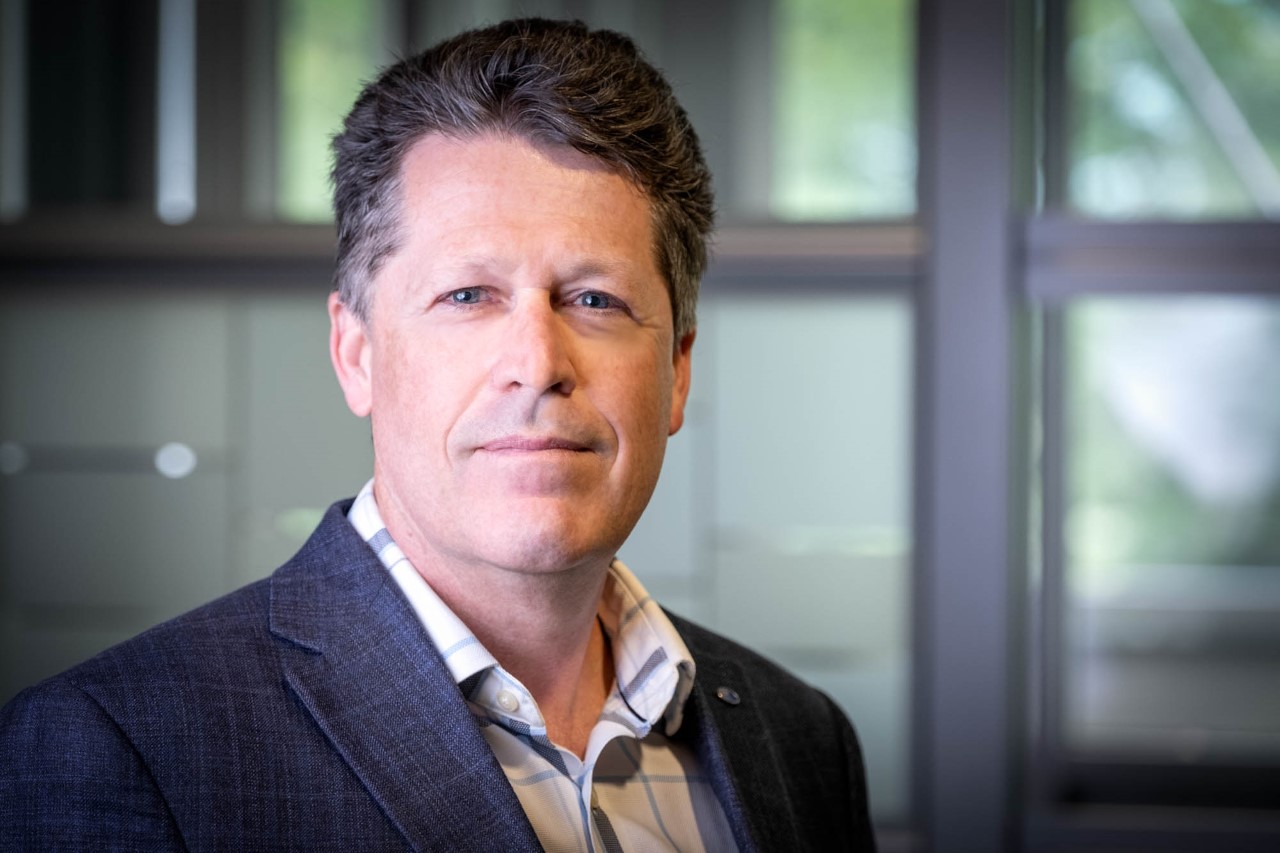Alumni Update – David Patrick 1982 TFHA Scholar

David Patrick
1982 TFHA Scholar
Current Job
Professor of Population and Public Health at UBC and Director of Research at the BC Centre for Disease Control
We have Terry Fox Scholars working in a wide range of fields, including medicine, activism, and tech. Do you have an area of humanitarian work you are passionate about? Tell us about it.
Since Terry ran his Marathon of Hope we have seen many new life-saving advances in cancer treatment. How has the humanitarian area you have worked/volunteered in changed over the years?
You are the first year’s recipient of the Terry Fox Humanitarian Award in 1982. How has humanitarian work impacted your life?
